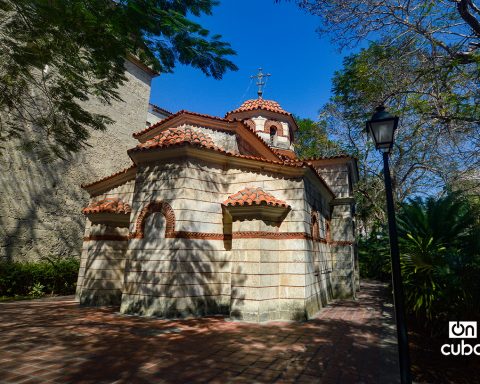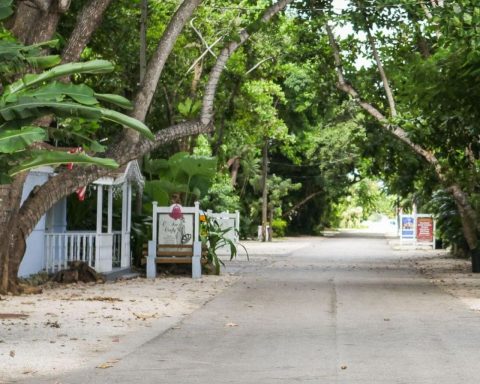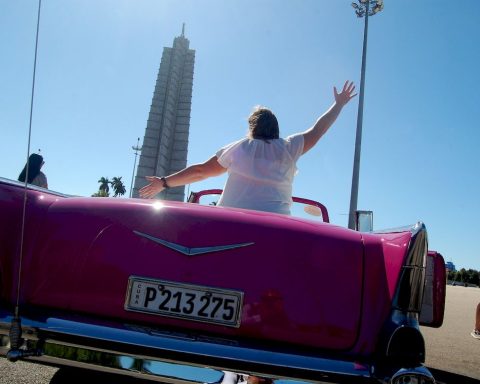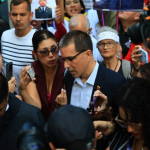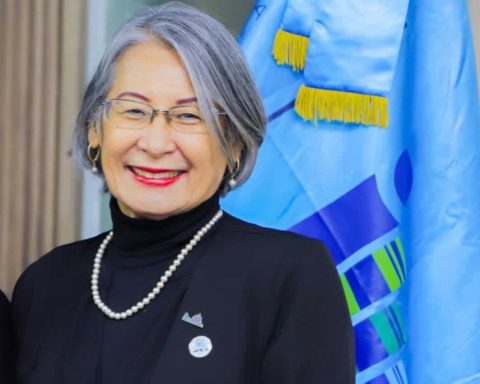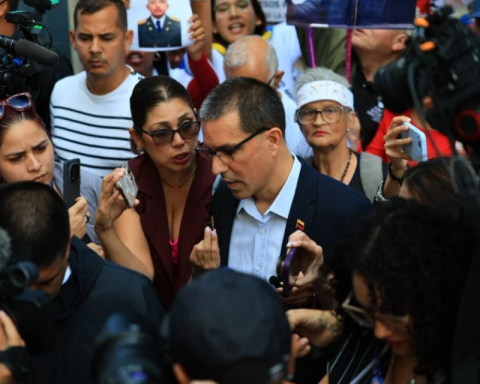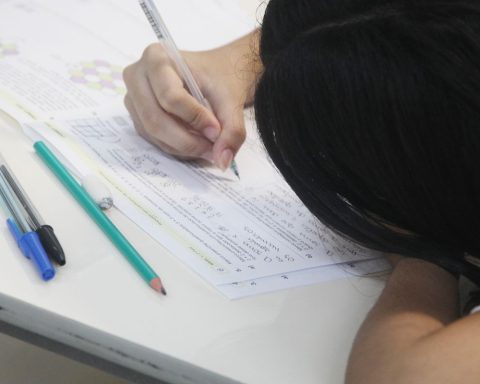MIAMI, United States. – Among the numerous photos that The New York Times publishes daily about daily life in Ukraine, where the Russian attack is wreaking downright hellish havoc, draws attention those that illustrate the marketswith food, fruit and other consumer products on the sidewalks and corners of cities that defy the conflagration.
In one of the aforementioned images, of winter grayness, the brilliant yellow of the bananas stands out, which must have been brought from distant geographies and are usually disputed foods in other parts of Europe.
Before it was ferociously assaulted, Ukraine was a country trying to navigate the complexities and virtues of democracy. The country knows of real wars and a long-standing communist dictatorship that subjected it to unfathomable famines, despite being one of the so-called breadbaskets of the world.
With rare exceptions, including figure the Cuban regimeunable to put even a frugal and indigenous banana on the table, the nations of the world cry out for an end to the war.
The connection with the once “evil empire” is still valid. Castroism is always looking for a “sponsor” and serving Putin as a spokesperson gives him part of those benefits that he urgently requires.
How a country devastated by aggression has continued to sell food in public markets will continue to be an enigma among those incapable responsible for the official Cuban ineffectiveness, who have plenty of time, however, to arrest and threaten, with spurious convictions, a prestigious artist and writer like Jorge Fernández Eraremembered for his masterful portrayal of the common Cuban, trying to survive on his salary, in Ricardo Figueredo’s mockumentary The unique story of Juan Sin Nada.
Fernández Era belonged to the humorous group Nos y Otros, to which part of the script for the challenging film is due. Alice in Wonderland town (1991) and even served as deputy director of Editorial José Martí, among other similar tasks, but, since he began to venture into digital alternative journalistic media such as The touch and The Young Cuba to express his views on the truth of the national debacle, he fell out of favor.
Fortunately, a large part of the diverse Cuban ideological spectrum on social media advocated for his immediate release and now the intellectual must deal with the mediatized life that awaits him in his own country or take the path of exile when it is lifted. the condemnation of not being able to abandon it.
The dictatorship continues to dedicate enormous resources to the so-called “battle of ideas.”
The renowned filmmaker, playwright and writer Juan Carlos Cremata, who was finally pushed out of the Island due to intolerance towards his work, had a catharsis in a segment on film and culture that I drive every week on the TV show Thoroughly, by Juan Manuel Cao, in América TeVé.
Scheduled to talk about recently published books containing his witty anti-Castro and iconoclastic memes that appeared on social media, the artist preferred to vent the frustration he feels over the sudden death of his 19-year-old daughter Yésica, without any known illness, and the silence of the medical authorities to reveal the causes of such misfortune.
Cremata referred to the constant manipulation and lies inherent to totalitarianism and questioned even the official version of his father’s death in the Barbados plane in 1976, whom he described as a martyr but never a hero, because he was a simple person. who carried out his profession in such unfortunate circumstances.
When the segment was uploaded to social media, the attack on Cremata by the so-called Castro cyberclairs did not take long to wait.
In the antipodes, however, are the 100,000 visits to the channel’s website and the more than 500 opinions of solidarity with the restlessness of a creator who has consistently honored Cuban culture with his work.
OPINION ARTICLE
The opinions expressed in this article are the sole responsibility of the person who issues them and do not necessarily represent the opinion of CubaNet.

